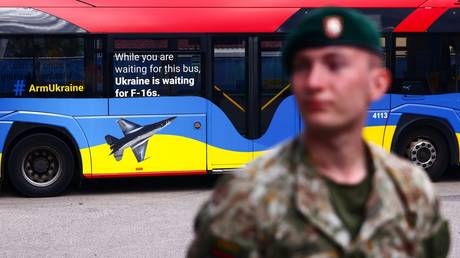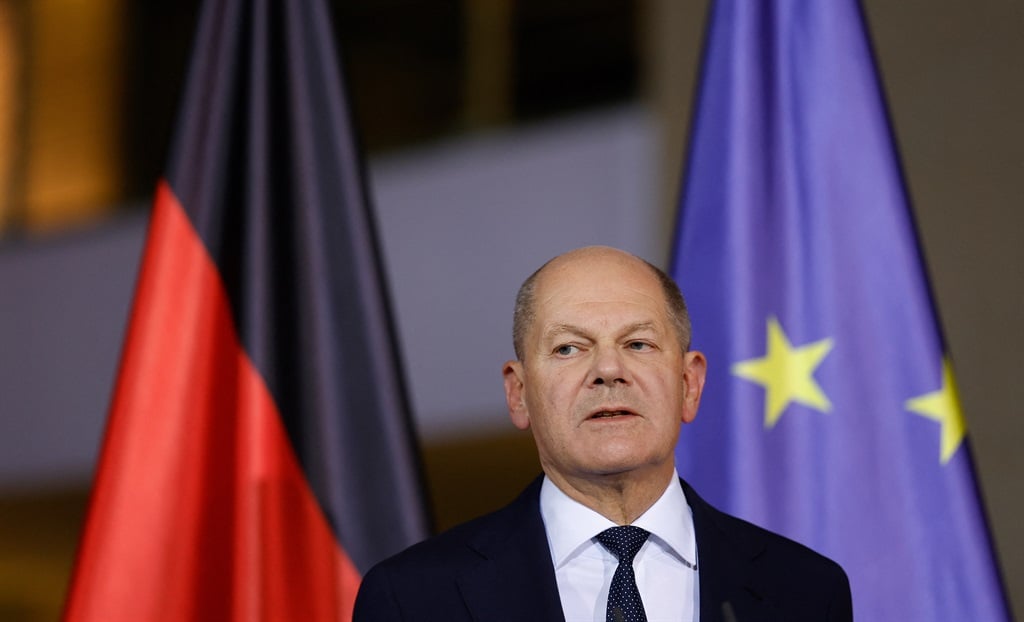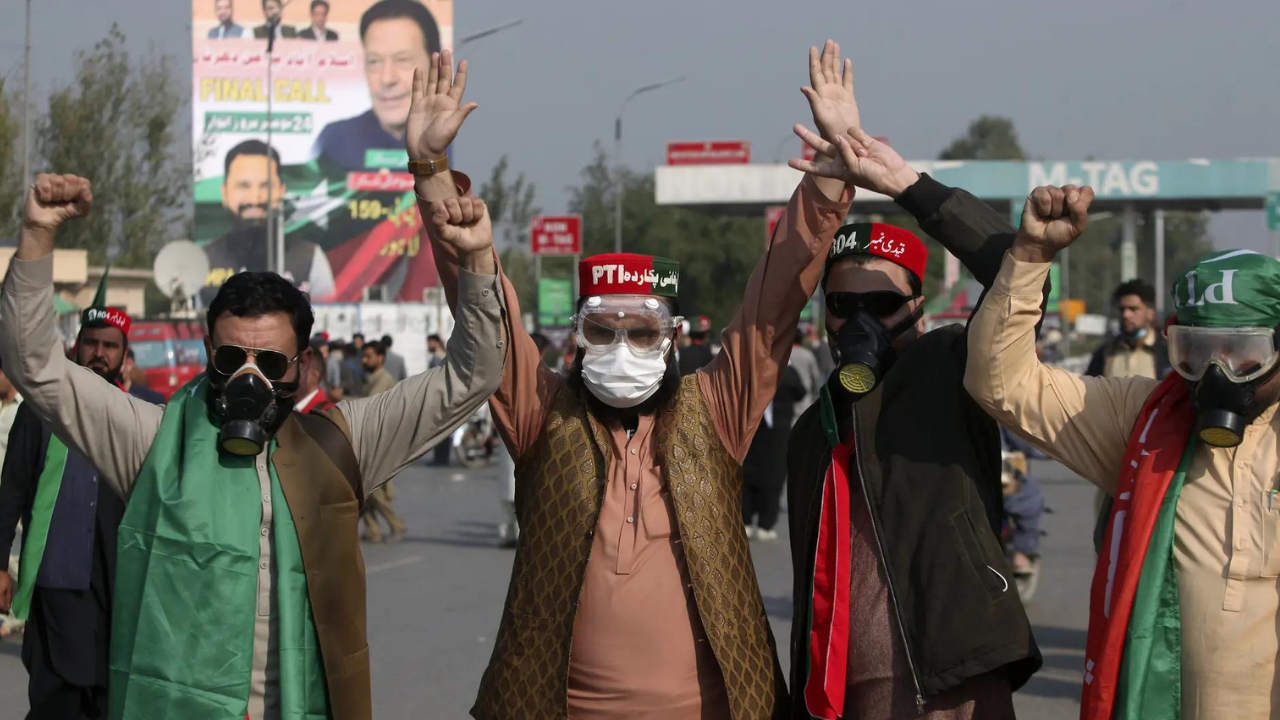ARTICLE AD BOX
Kiev will be able to use the fighter jets outside its claimed borders, the bloc’s head has said
Once Ukraine receives F-16 fighter jets it will be free to use them against military targets inside Russia, NATO Secretary General Jens Stoltenberg has said.
Stoltenberg’s comments were made in an interview to Radio Liberty, the US government-funded broadcaster, which is scheduled to air on Friday. According to snippets released in advance, the NATO head argued that Ukraine has the right to self-defense against Russian “aggression,” which would include “striking legitimate Russian military targets outside Ukraine.”
As to when the government in Kiev might actually receive the promised jets, Stoltenberg would not say. Each NATO member that pledged to deliver them has different policies and will decide on their own.
While Ukraine’s backers in NATO want the jets in action as soon as possible, they will have a stronger impact if the pilots are well-trained and there are enough maintenance and support crews on hand, according to Stoltenberg.
“So, I think we have to listen to the military experts exactly when we will be ready to or when allies will be ready to start sending and delivering the F-16s,” he said. “The sooner the better.”
Read more Arming Ukraine with F-16s could trigger nuclear war – Medvedev
Arming Ukraine with F-16s could trigger nuclear war – Medvedev
Ukraine has long demanded the F-16 as a way to combat Russian air superiority. Denmark and the Netherlands have both pledged to send some of their jets, with Ukrainian President Vladimir Zelensky putting their total number at 42. The first Ukrainian pilots training in the West finished their classes in the UK in December.
The way the US-made jet is designed means it might have difficulties operating from Ukrainian runways, sparking speculation that they would fly from Poland, Romania or the Baltic states instead.
Russia has repeatedly warned such a deployment would be an escalation of the conflict and may even risk nuclear war, as the F-16 is capable of delivering B61 gravity bombs.
“So, if one of those planes takes off from a NATO nation – what would that be? An attack on Russia. I shall not describe what could happen next,” Dmitry Medvedev, former Russian president and deputy head of Russia’s National Security Council, said in an interview on Thursday.
.png)
 9 months ago
6
9 months ago
6








 English (US)
English (US)